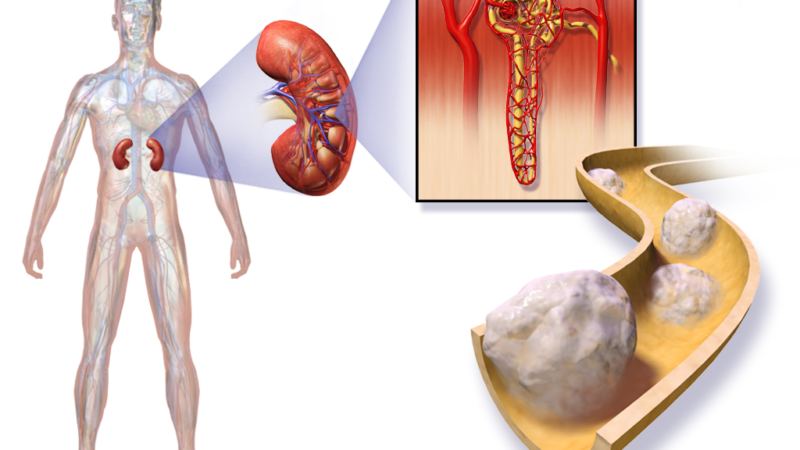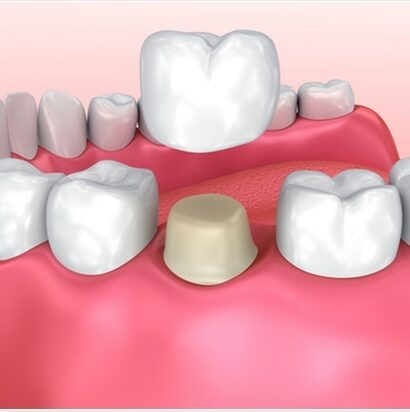As important as your kidneys are for you to be alive, they can be affected by various diseases, the worst of which is cancer. When there is an uncontrolled cell division and growth in the kidneys, your kidneys can develop cancer. Kidney cancer is among the top 10 most common cancers diagnosed and treated in the US.
Renal cell carcinoma is a type of disease in which the kidney cells become cancerous and form a tumor. This type of cancer is more common in adults and Wilms’ tumor in young children. Some other types of kidney cancer include Urothelial Carcinoma and Sarcoma. Let us discover more about the disease:
Symptoms
It is rare to experience signs of kidney cancer in the early stages, but later on, symptoms may include:
- Blood in your urine, which may appear pink, red or cola-coloured
- Pain in your back or side that doesn’t go away
- Loss of appetite
- Unexplained weight loss
- Tiredness
- Fever, which usually comes and goes
Diagnosis
In diagnosis, the doctor decides what all tests and procedures are needed to learn about the causes of the disease for further kidney tumour treatment. Read further to discover more about the diagnosis processes.
Physical examination
- Blood tests are necessary to determine how well the kidneys are working.
- A urine test is recommended to check for other signs of the disease.
Imaging tests
- CT scan uses a combination of x-rays and a computer to create and study the kidney’s pictures. This test studies if there are any abnormalities and the size of the tumour.
- MRI uses magnetic fields and not x-rays to create detailed pictures of the kidney.
- Ultrasound uses sound waves to produce pictures of the kidney.
Biopsy
In a few cases, there is a need to remove a small amount of tissue for examination; this procedure is known as a biopsy. The biopsy is the only way to confirm cancer.
Treatment
If the cancer is confirmed, the next step is- kidney tumour treatment. Among the various treatment options available, the doctor opts for the treatment depending on the patient’s overall health, type and stage of cancer, previous treatment of cancer, and personal preference.
Active surveillance
In this kind of treatment, the doctor carefully examines the tumour with regular tests and appointments. It is recommended for older people who also suffer from other diseases or have few/no symptoms.
Cryotherapy
This treatment involves inserting a needle through the skin and then into the kidney that freezes the cancer cells and kills them.
Radiofrequency ablation
This treatment involves the usage of a special probe that is inserted into the tumour. Electrical currents are passed through the needle that causes the cancer cells to burn.
Surgery
It involves removing the tumour while preserving the normal kidney function. These are the common types of surgical procedures:
- Radical nephrectomy includes removing the entire kidney, surrounding tissues, adrenal glands, and lymph nodes. It is usually done through a small incision with a laparoscope.
- Partial nephrectomy includes removing the tumour and a small margin of surrounding tissue and not the entire kidney.
Targeted therapy
This therapy uses drugs to kill the cancer cells and targets cancer-specific genes, proteins, or the tissue environment that contributes to cancer growth and survival.
Biological therapy
This therapy uses the body’s immune system to fight cancer.
Chemotherapy
This therapy involves using powerful drugs to destroy the cancer cells by keeping them from growing, dividing, and making more cells.
Radiation therapy
This treatment involves the use of high-energy x-rays or other particles to destroy the cancer cells. It is usually done to ease the symptoms.
Conclusion
Kidney cancer is a terrible disease, and it is not easy for a patient to cope with the treatment. The side effects of the drugs, therapies, and surgery make it hard for the patient to live in everyday life. Following up with proper care is advisable at all stages.
With a resilient spirit and healthy life, you can be free from kidney cancer.













